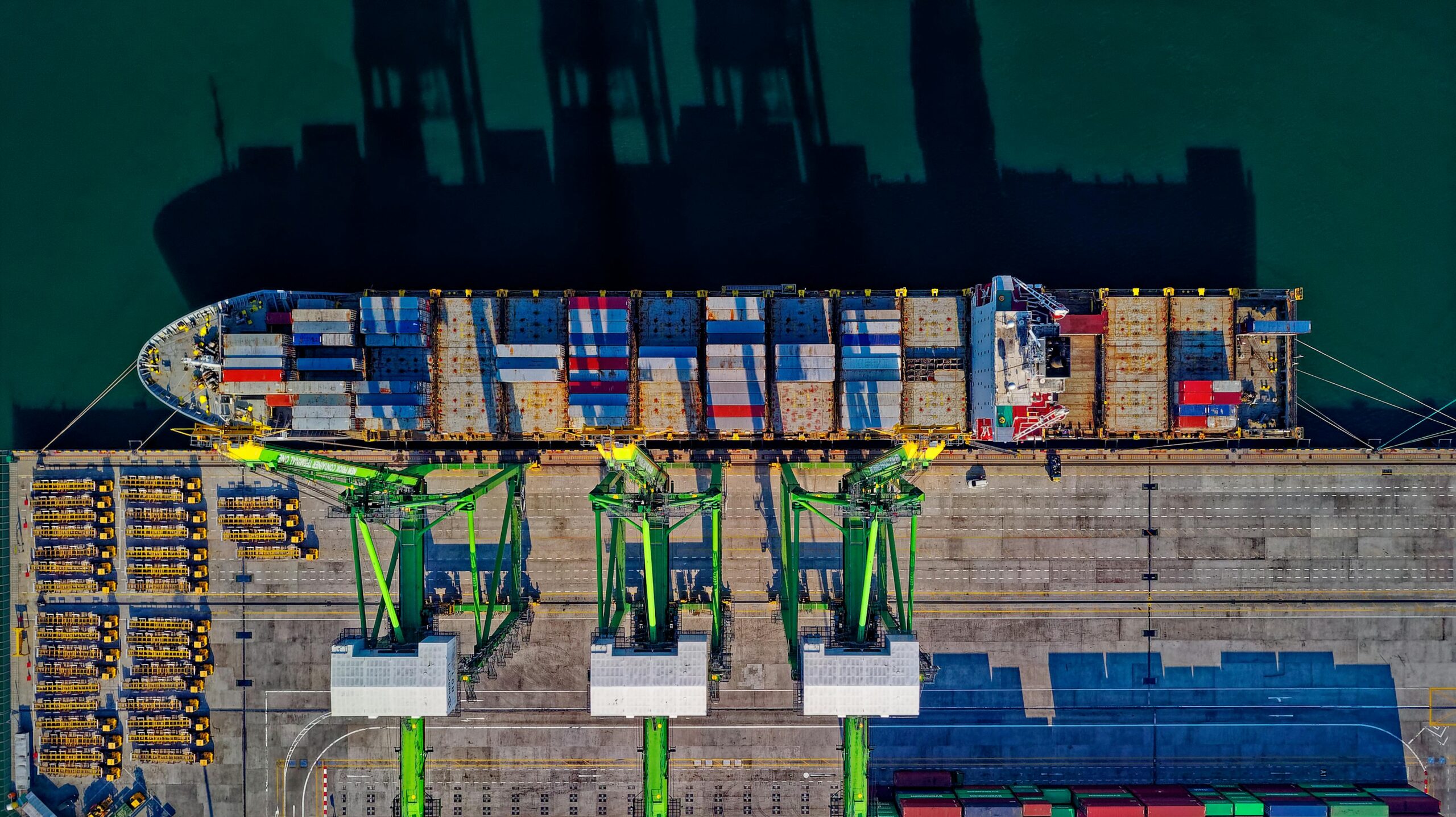In the complex web of global economics, trade wars and tariffs have emerged as significant tools wielded by nations to protect their interests, but their impacts ripple far beyond borders. Over the past few years, the United States has been embroiled in trade disputes with several countries, sparking debates over the effectiveness and consequences of such policies. From tariffs on Chinese goods to retaliatory measures from trading partners, the landscape of international trade has been turbulent. Let’s delve into how these trade policies shape the American economy.
The Rise of Trade Wars:
Trade wars often begin with protectionist measures aimed at safeguarding domestic industries. The rationale behind imposing tariffs is to shield local producers from foreign competition and to rectify trade imbalances. However, the retaliatory nature of such actions can escalate tensions between nations, leading to a full-blown trade war.
In recent years, the United States and China have been at the forefront of one of the most significant trade disputes in modern history. The U.S. administration imposed tariffs on billions of dollars worth of Chinese imports, citing unfair trade practices and intellectual property theft. In response, China retaliated with tariffs of its own, creating a tit-for-tat scenario that reverberated across global markets.
Impact on American Businesses:
Trade wars and tariffs have a profound impact on American businesses, both small and large. While tariffs aim to protect domestic industries, they can backfire, leading to increased costs for businesses reliant on imported materials or components. Many manufacturers in the U.S. faced higher prices for raw materials, disrupting supply chains and eroding profit margins.
Small businesses, in particular, feel the pinch of trade tensions. With limited resources to absorb additional costs, they often find it challenging to compete, especially when faced with cheaper alternatives from countries not affected by tariffs. This can stifle innovation and growth in key sectors of the economy.
Consumer Consequences:
Beyond businesses, tariffs directly affect consumers. When the cost of imported goods rises due to tariffs, consumers end up paying more for those products. This means higher prices for everyday items ranging from electronics to clothing and household goods. Ultimately, it reduces consumers’ purchasing power and can lead to a decline in their standard of living.
Moreover, uncertainty stemming from trade tensions can dampen consumer confidence and spending. When consumers are unsure about the economic outlook, they tend to tighten their belts, impacting overall economic growth.
Global Supply Chain Disruptions:
Modern economies are interconnected through complex global supply chains. Tariffs and trade wars disrupt these supply chains, causing widespread repercussions. American companies that rely on components or parts from foreign suppliers face delays and increased costs, hampering their competitiveness.
Furthermore, trade tensions strain diplomatic relations between countries, which can have long-term consequences beyond economics. Collaborative efforts on various global issues may be hindered, impacting not just trade but also areas like security and environmental cooperation.
Seeking Resolution:
Amidst the challenges posed by trade wars and tariffs, there’s a growing recognition of the need for constructive dialogue and negotiation. While protecting domestic industries is important, finding mutually beneficial solutions through diplomacy is crucial for long-term economic stability.
The recent de-escalation of trade tensions between the U.S. and some of its trading partners is a positive sign. However, achieving lasting agreements that address underlying issues without resorting to protectionism remains a complex task.
Conclusion:
Trade wars and tariffs wield significant influence over the American economy, touching businesses, consumers, and the global economic landscape. While the intention behind such measures is often to protect domestic interests, their impacts can be far-reaching and multifaceted. As the world becomes increasingly interconnected, finding sustainable solutions through cooperation and dialogue becomes imperative for fostering economic growth and stability in the United States and beyond.













Recent Comments